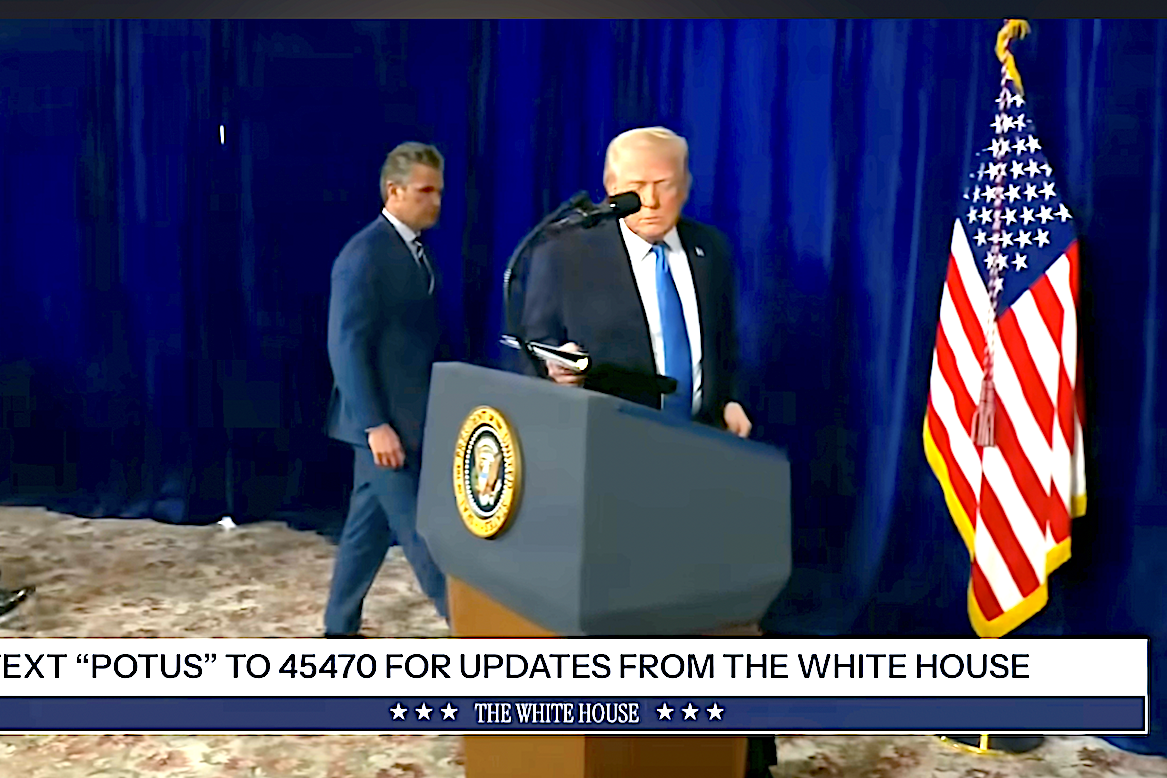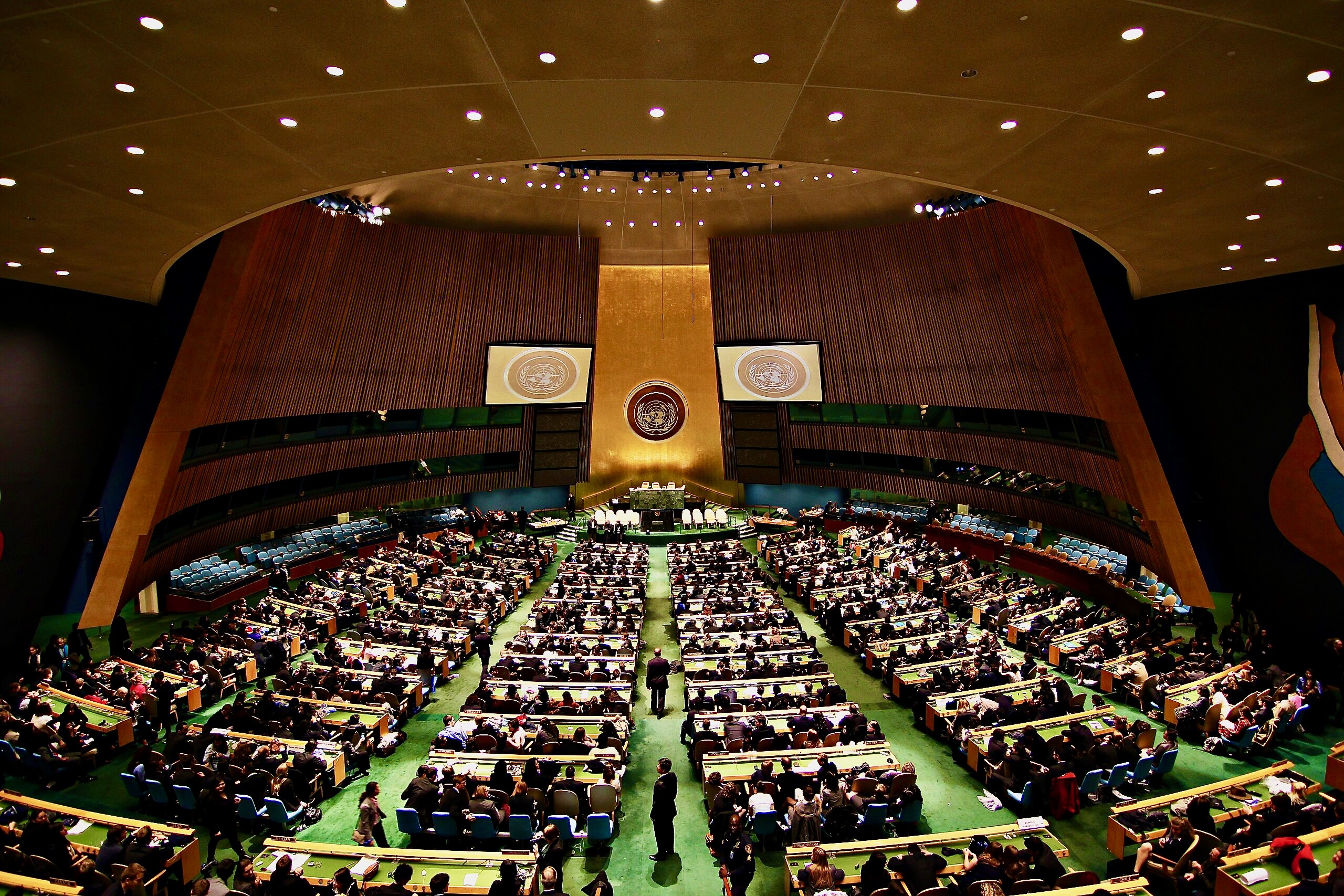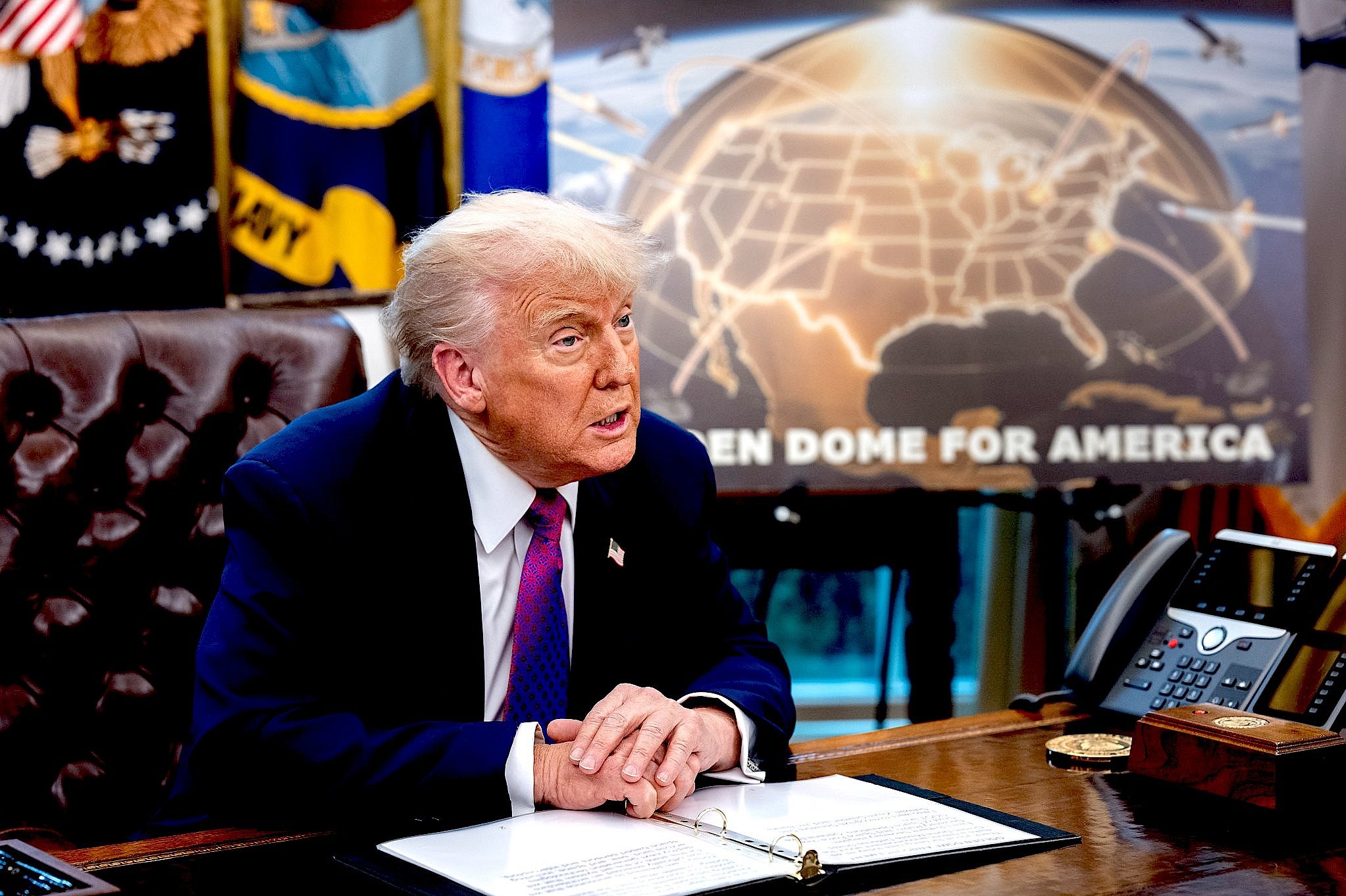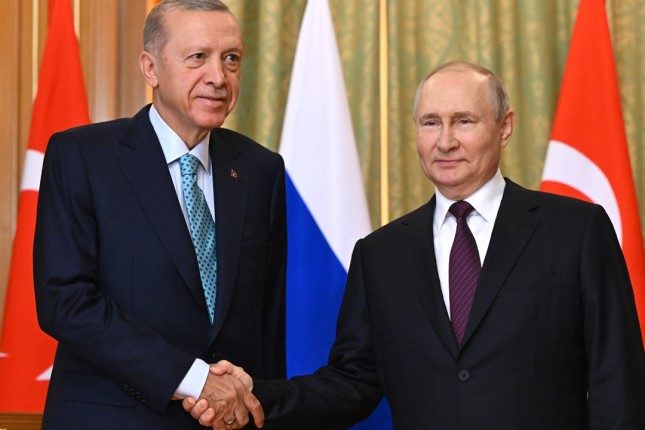With illegal settlements rising and settler violence surging in the West Bank and with famine and relentless bombing killing more than 64,000 Palestinians in Gaza so far, most of them women and children, the world is looking to see what, if anything, the General Assembly can do to ensure that there are meaningful consequences for Israel’s blatant violations of the Geneva Conventions and the Genocide Convention.
Just days before the Sept. 18 deadline established by the United Nations General Assembly for Israel to comply with the advisory opinion issued by the International Court of Justice, in which it confirmed the unlawful nature of the Israeli occupation, annexation and settlement of the Occupied Palestinian Territory (OPT), Israel has failed to comply.
It has neither ended its illegal occupation, dismantled its illegal settlements nor evacuated its illegal settlers.
To the contrary, Prime Minister Benjamin Netanyahu and his coalition of far-right extremists have declared their intention to exponentially expand settlement activity and possibly annex the West Bank, including East Jerusalem.
They have also publicly published plans to resettle Gaza and, to that end, they have accelerated the annihilation of the Gaza Strip and pursued a genocidal campaign of relentless bombing, forced displacement and widespread starvation of the entire Palestinian population.
Nearly a year ago, on Sept. 18, 2024, the 10th emergency special session of the General Assembly (GA), acting under “Uniting for Peace,” overwhelmingly adopted a resolution seeking to implement the advisory opinion issued by the court on July 19, 2024.
In its resolution, the GA reiterated the world court’s conclusion that Israel must withdraw from the OPT, dismantle its settlements and evacuate its settlers as rapidly as possible. The GA set a 12-month deadline for Israel’s compliance, which expires on Sept. 18, 2025.
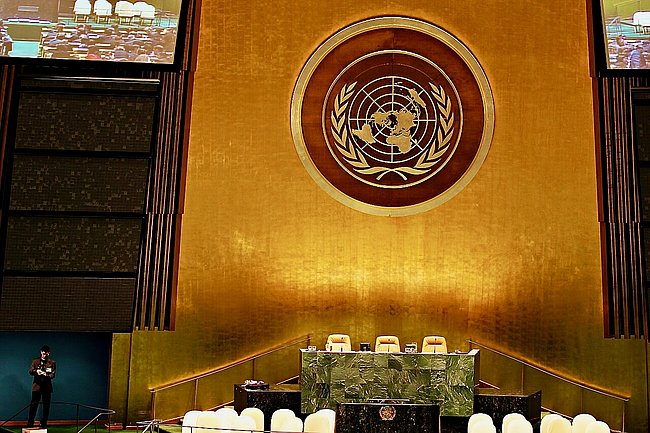
United Nations General Assembly Hall in the UN Headquarters, New York, NY, in 2011. (Basil D Soufi/ Wikimedia Commons/ CC BY-SA 3.0)
Why is Israel obliged to comply with what is merely an advisory opinion?
While ICJ advisory opinions do not normally have binding force, to the extent that the court’s 2024 opinion confirms binding (jus cogens) norms and identifies binding (erga omnes) obligations, those norms and obligations remain mandatory for all states, including Israel.
In fact, the ICJ has not only identified binding obligations on Israel as the occupying power, it has also identified binding obligations on all states and the U.N. itself. It is now for states and the U.N., including the Security Council and, failing that, the General Assembly, to ensure that the binding elements of the court’s advisory opinion are implemented.
While the GA cannot impose binding obligations on member states who do not wish to act, the “Uniting for Peace” resolution codifies the GA’s authority to recommend collective action by member states who are willing and able to act and according to the world court, are obliged to act. The Responsibility to Protect means that this is even more important in situations involving genocide, war crimes, crimes against humanity and ethnic cleaning.
When the Security Council is unable to fulfill its responsibility due to a veto by one or more of its permanent members, the GA can and should step up to uphold the U.N. Charter and international law. The ongoing 10th emergency special session on the OPT, like the ongoing 11th emergency special session on Ukraine, demonstrates that the GA is willing and able to act when the Security Council is unable to do so. Nonetheless, the GA has yet to tap the full potential of the “Uniting for Peace” resolution.
The resolution has a rich and robust history. Born out of the Korean Crisis in 1950, it was invoked for the first time in 1956 when Israel, with the support of France and the United Kingdom, invaded Egypt. In the first emergency special session, the GA established the first U.N. peacekeeping force — the U.N. Emergency Force (UNEF) — to secure and supervise the withdrawal of all foreign troops from Egypt.
In its fourth emergency special session, the GA adopted an arms embargo regarding the situation in the Democratic Republic of the Congo. In its fifth emergency special session, the GA called on member states to facilitate humanitarian assistance to alleviate the suffering of civilians and prisoners of war in the Middle East and called on Israel to rescind all measures to alter the status of Jerusalem.
In its eighth emergency special session, the GA called on member states to provide military assistance to the front-line states and to the South West Africa People’s Organization to enable SWAPO to intensify its struggle for the liberation of Namibia.
The 10th emergency special session was first convened in 1997 to address the “Illegal Israeli actions in Occupied East Jerusalem and the rest of the Occupied Palestinian Territory.” It has been resumed more than 20 times from 1997 to now.
It has adopted a series of resolutions, including protecting civilians and upholding legal and humanitarian obligations. It has also indicated its determination to consider practical ways and means to ensure compliance.
What can the GA do to “secure the full respect” of the ICJ advisory opinion?
On or soon after Sept. 18, 2025, the 10th emergency special session can recommend one or more of the following six concrete measures based on the GA’s own precedents:
- Urging member states to provide humanitarian assistance to the Palestinian population in Gaza and other parts of the OPT;
- Authorizing member states to impose diplomatic, financial or other steps, including an arms embargo on Israel;
- Deploying a U.N. peacekeeping mission or civilian protection force at the request or with the consent of the Palestinian Authority;
- Designating a U.N. Commission and/or a U.N. Commissioner to administer Gaza as the GA did in Namibia, pending the withdrawal of South African forces, noting that the U.N. Commission was not physically present in Namibia due to South Africa’s refusal;
- Calling upon the High Contracting Parties to the Fourth Geneva Convention to convene a conference on the situation in the OPT in fulfillment of all states’ obligation to end Israel’s unlawful presence in the OPT as rapidly as possible; and/or
- Refusing to accept the credentials of the Netanyahu government to the 80th regular session of the GA just as it rejected the credentials of the apartheid government of South Africa, thereby emptying its seat in the GA without prejudice to its membership in the U.N.
For those who say the GA is unable to do so: its own history says it can.
For those who say the GA is unwilling to do so: international law and the world court demand that it does.
For those who say the GA cannot enforce its resolutions: the Security Council hasn’t enforced its resolutions either.
Source: Consortium News.




















